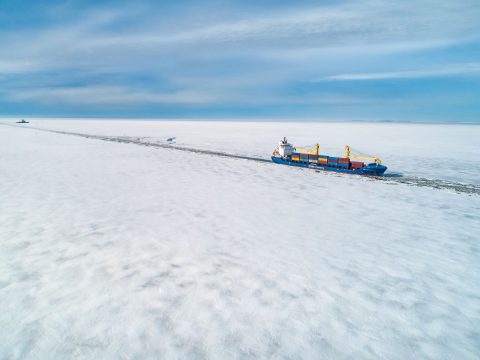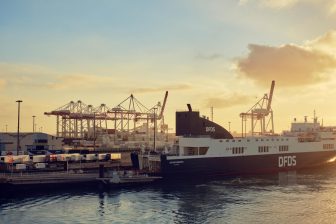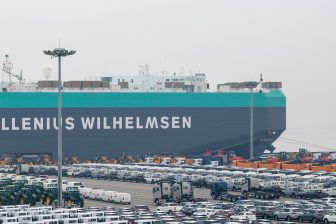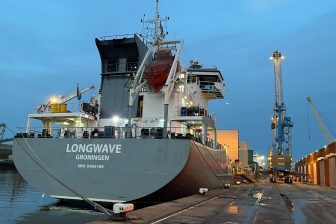
Project cargo fared better than expected in 2023, survey says
Photo BBC Chartering
The year 2023 has been “better than expected”, one of the comments in the recently closed Project Cargo Journal Market Monitor said. Geopolitical uncertainty and supply playing catch-up with demand have pushed the sector in many ways, but despite this, it faired quite well. The overall picture has been helped by the fact that there were still a lot of projects going into execution.
Want to read more?
Register now to read more premium articles.




